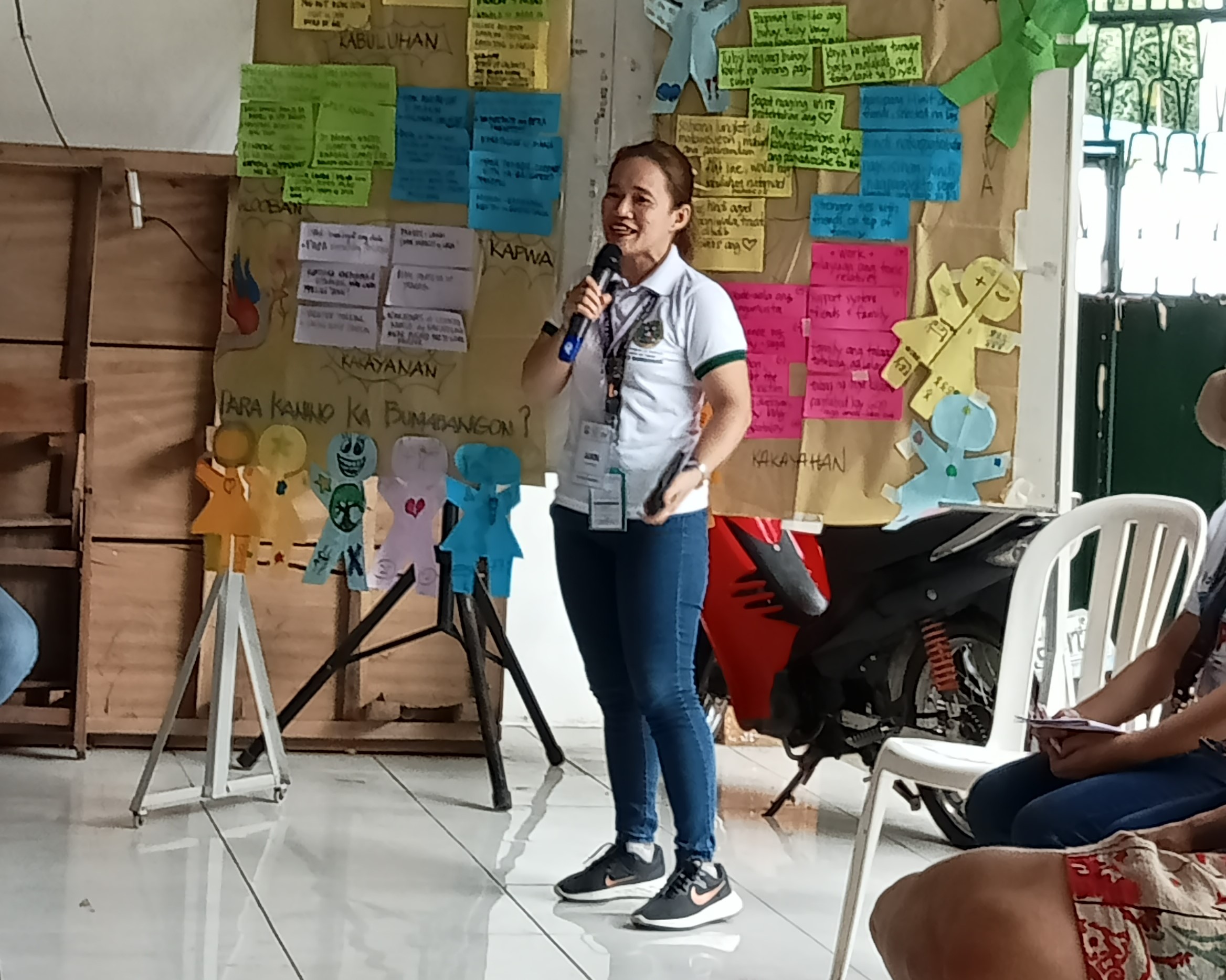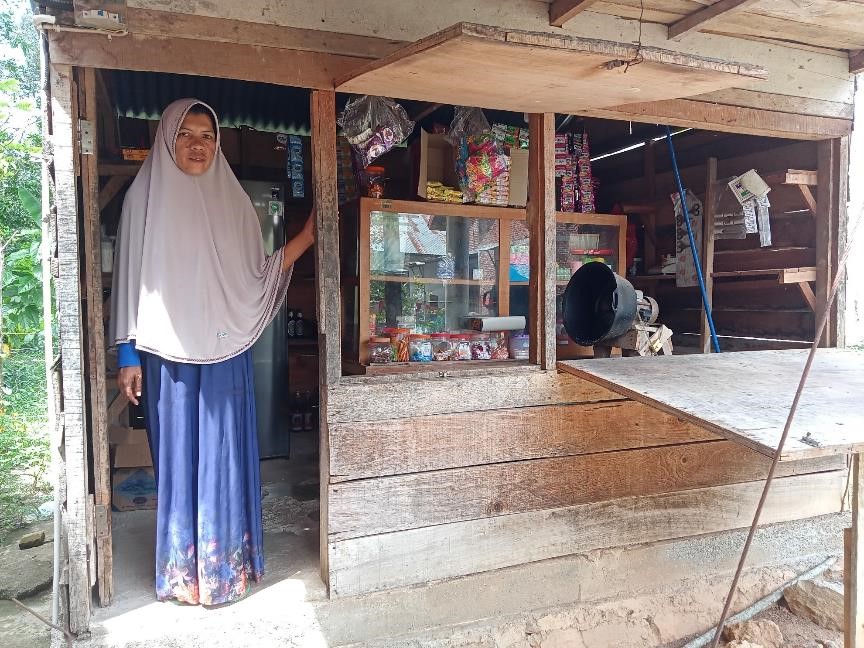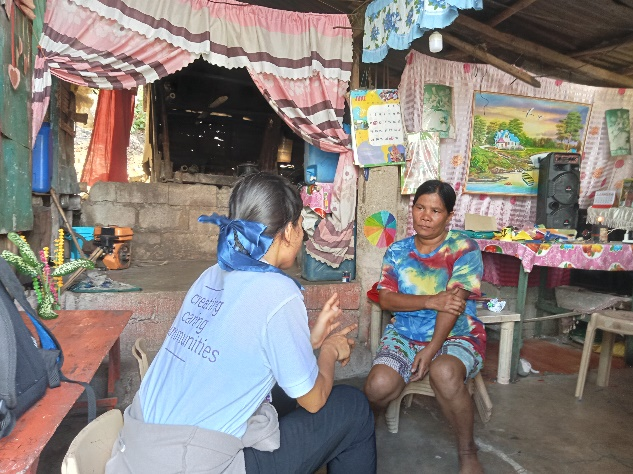The challenge: a disability-inclusive renovation
Stories | April 13, 2018
Stevie Wills, Community Education Officer at CBM Australia, shares what ran through her head when she went through a disability-inclusive renovation at her home.
A little about me
I live with cerebral palsy. This means that I have some difficulty controlling my movements and balance. Every day I use a walking frame. This means a lot of thinking when it comes to where I live, how I travel, and how I access services for my basic human needs.
The challenge: a disability-inclusive renovation
Recently, I had to consider how renovations to my house affect me and what I can access around my home.
It made me realise the non-negotiables when it comes to accessing water, and why those in poor communities around the world need the same opportunity to be included in community project planning.
I have to have a shower in the morning! I can’t start the day without it. It’s almost as important as my morning coffee!
Before I moved in with my housemate, we talked a lot about what I would need to be able to live independently in her home. She was renovating her house so people could live with her.
I was consulted during every step of the planning and renovation process. To live independently, I needed the bathroom to be large enough to move around my walking frame. The bottom of the shower, including its entrance, needed to be flat and smooth so that I wouldn’t scrape myself on the rough edges.
Why water is key
When I’m travelling, I get nervous. Will I be able to shower? What will the bathroom be like? Will I be able to use the bathroom without the pressure of having someone waiting for me?
Access to clean water is vital to my health. Yet I take it for granted. Many people with disabilities can’t access clean water as independently as they should. Some may have to manage long distances, steps or other obstacles to access clean water, while others may not be able to access it at all.
I can’t imagine not being able to shower, or freely go to the toilet. I know I would feel uncomfortable.
Having access to clean water is a human right. That’s what makes CBM’s work so powerful – people with disabilities are given a voice and the opportunity to shape how they will be able to access water, and other services around their home. Just like I was consulted during the planning and renovations to my home.
CBM Australia works to ensure the rights of people with disabilities, including their right to access clean water. Join us in this work today.
https://www.cbm.org.au/stories/disability-inclusiverenovation
Related Stories

A Light of Hope
Content Warning: The story in this letter refers to suicide, which may be distressing for some readers. If you or someone you know is in need of support, please...

Small Business, Big Impact: supporting mental health in Indonesia
Work is a big part of our lives. Not...

A Resilient Woman
Margie, a mother of seven, is a daycare worker in a small coastal village in the Philippines. A few years ago, Margie was diagnosed with a mental health condition after...
